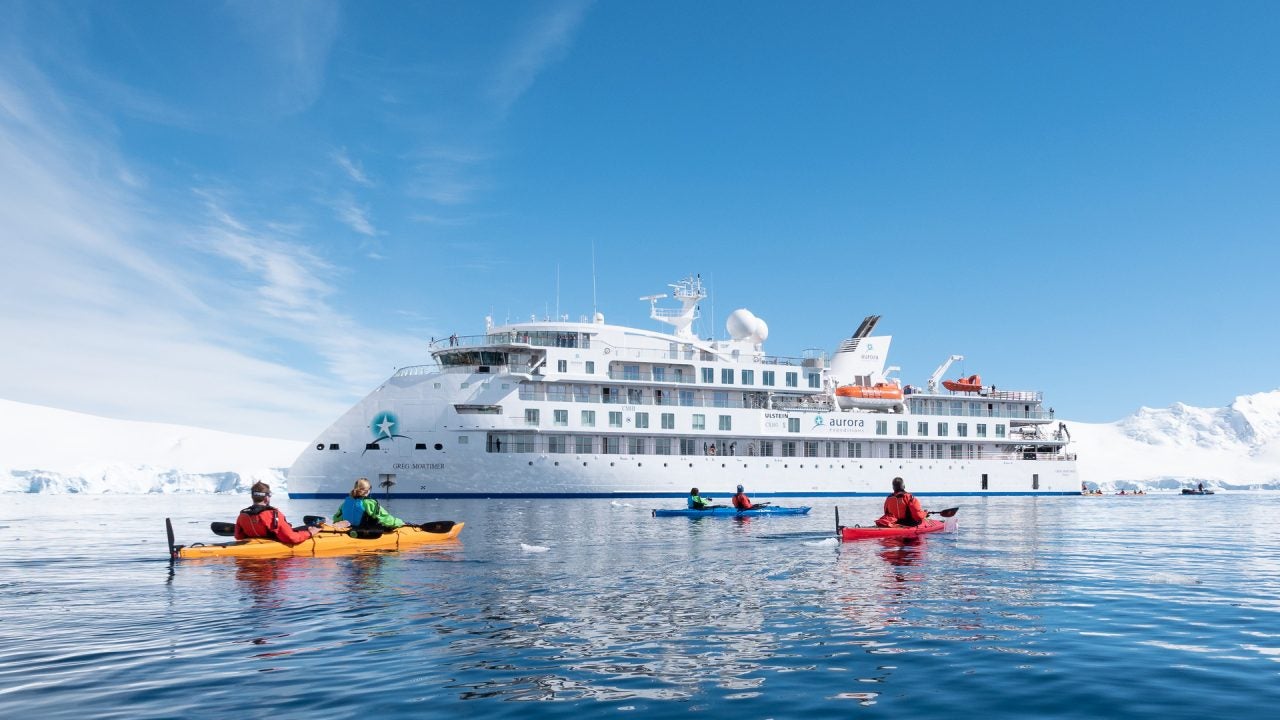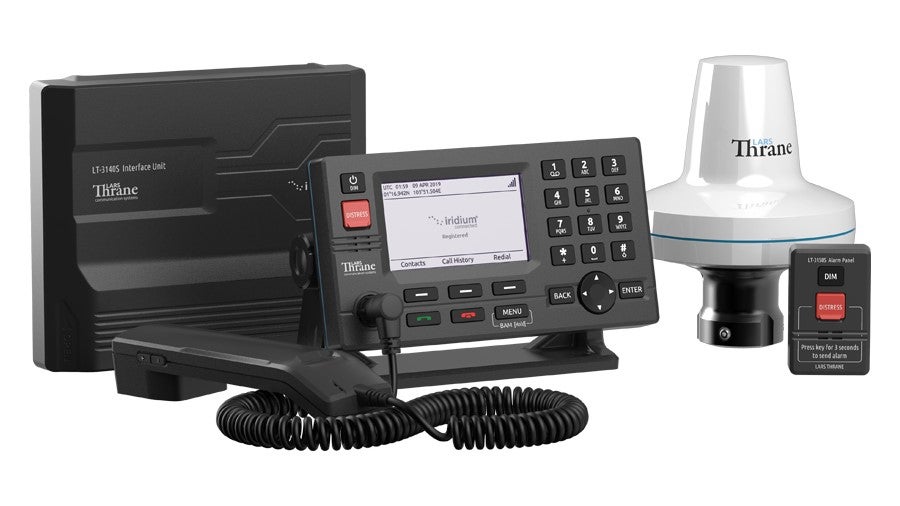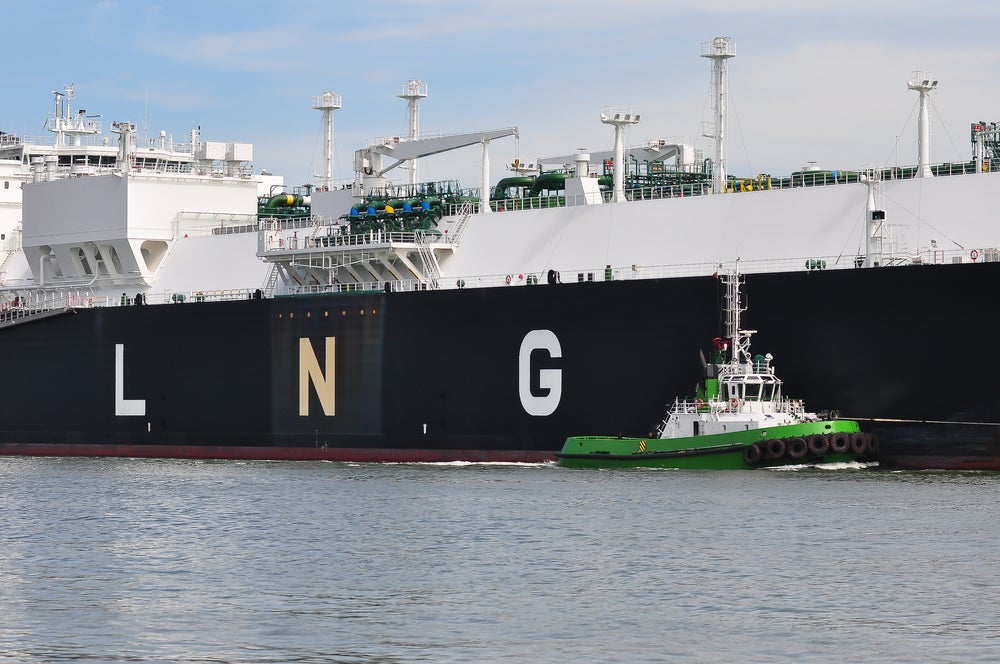
Back in 2019, Aurora Expeditions’ Greg Mortimer set sail from Argentina on its maiden voyage to Antarctica, becoming the first passenger ship to sail featuring Ulstein’s revolutionary X-BOW concept.
The inverted bow design – often referred to as a ‘game-changer’ for the maritime industry – features a curved hull that allows the bow to penetrate waves rather than crash against them. The innovative design choice allows Aurora Expeditions to offer “faster, more comfortable” travel to those on board, according to CEO Monique Ponfoort.
With less speed lost to waves and reduced pitch/heave motion, the higher speeds achieved by the Greg Mortimer means less power is consumed during a voyage and, in turn, fewer emissions are produced. Offering voyages to some of the most unspoiled parts of the natural world, the design helps the operator to minimise its impact as much as possible.
“Aurora Expeditions is committed to a kind of travel that treads as lightly as possible,” Ponfoort says. “The Ulstein X-BOW® cuts through sea swells, minimising aquatic vibrations and disturbances, and delivering quicker transits through the waves. This also helps to reduce fuel consumption significantly.”
Sylvia Earle: improving on the Greg Mortimer
Later this year, Aurora Expeditions will launch its second passenger ship, the Sylvia Earle, which will feature the same low fuel consumption and efficiency provided by the X-BOW.
How well do you really know your competitors?
Access the most comprehensive Company Profiles on the market, powered by GlobalData. Save hours of research. Gain competitive edge.

Thank you!
Your download email will arrive shortly
Not ready to buy yet? Download a free sample
We are confident about the unique quality of our Company Profiles. However, we want you to make the most beneficial decision for your business, so we offer a free sample that you can download by submitting the below form
By GlobalDataThe sister ship will ‘largely mirror’ its older sibling, which features panoramic observation areas, custom-built hydraulic viewing platforms, activity preparation areas, and Zodiac docks to launch inflatable vessels to take guests closer to the sights.
Additionally, the Sylvia Earle will contain the addition of a two-level glass atrium in the bow, which will allow guests to look out in the direction of travel.
“In polar regions, passengers will be able to witness the majesty of an iceberg immediately as it appears on the horizon,” Ponfoort says.
Named after renowned marine biologist and explorer Sylvia Earle for her achievements in marine conservation, the ship will also feature the ‘Sylvia Earle Science Centre’, which will provide a space to educate guests on marine wildlife and conservation.
An outdoor swimming pool, warmed using heat from the ship’s engine, will also be accessible on the ‘sun deck’, providing a spot for the ship’s 132 adventurers to unwind on voyages to warmer regions.
Likewise, the ship will be fitted with technology to exceed the safety requirements for a vessel of its size, including return-to-port equipment that doubles up as a propulsion system, which will assist the ship in case of engine failure.
Off the beaten track
Soon after the Sylvia Earle takes to water in late 2021, Aurora Expeditions will also launch its new Arctic and Global 2022 programme. Featuring destinations such as the Northwest Passage, the Russian Far East, and Alaska, guests will venture to places that few others have.
“Many of our destinations, such as Wrangel Island and the Kuril Islands, and the Northwest Passage; the Aleutian Islands in Alaska; and Haida Gwaii, off Canada’s west coast, are rarely visited,” Ponfoort explains.
On a Sylvia Earle voyage, guests will have the opportunity to take part in a range of activities, from wildlife encounters to guided hikes, scuba-diving, kayaking, and polar plunges.
The Sylvia Earle’s Russian Far East trip, for instance, will see guests venture to the Kamchatka Peninsula to take in the area’s World Heritage-listed volcanoes, abundant brown bear population, and birch forests.
The impact of Covid-19
While cruise voyages have been on hold for much of the past year due to the Covid-19 pandemic, work on the Sylvia Earle has been able to continue. The ship will take to the sea in March for testing ahead of its delivery and launch later this year, and Aurora Expeditions doesn’t anticipate any delays to the schedule.
“The pandemic has fortunately not delayed construction of the Sylvia Earle and she is on schedule for delivery in October 2021, in readiness for her maiden voyage the following month,” Ponfoort confirms.
Of course, Covid-19 has disrupted Aurora Expeditions’ voyages as much as any cruise operator. In May last year, the company suffered an outbreak on board the Greg Mortimer with 60% of its passengers and crew contracting the virus, and voyages have been mostly on hold since.
However, the cruise operator has used the downtime provided to listen to feedback, review its operations and create new expeditions for its customers. Health and safety, understandably, was at the top of its list of concerns.
“Our number one priority remains firmly on our safe and healthy return to service for our passengers, crew and the people and places we visit,” Ponfoort insists. “Going forward, all our passengers will be tested for Covid-19 before leaving home, prior to embarkation, and again once onboard.”
“We are all fully focused on the wellbeing of our expeditioners and are working closely with leading industry and government agencies to develop, evaluate and implement stringent new health and safety protocols which will be some of the best in the world.”
A return to cruising
In 2020, Carnival Corporation, the industry’s largest cruise line, lost a total of $10.2bn as the pandemic forced ships to dock. The same struggles are being felt across the industry and the situation will only worsen as the disruption stretches into 2021. However, Aurora Expeditions is confident that it, and the wider cruise industry, can bounce back.
“2020 was the most challenging year in history for the global travel and cruise industry, but with the onset of vaccines in various countries, I’m optimistic and excited that we will sail in much calmer waters in 2021,” Ponfoort says. “I also believe the cruise industry is incredibly resilient and will bounce back bigger, stronger and better than ever.”
Despite being forced to cancel many of its scheduled voyages, the company has seen a high rate of rebookings. Approximately 75% of guests that faced cancellations have opted to rebook on future voyages rather than seek a refund.
According to a recent Hilton survey, close to a quarter of British travellers intend to embark on a ‘trip of a lifetime’ in 2021. Unsurprisingly, the company has seen a record level of interest in its new 2022 programme – a sign that there is demand for the luxury experiences offered on board its ships.
“There is pent up demand for once-in-a-lifetime experiences that push you beyond your comfort zone, that allow you to reconnect with and immerse yourself in the natural world,” Ponfoort explains. “Many people travel to discover places they haven’t seen before. At Aurora Expeditions, we travel to discover places few people have ever seen.”







